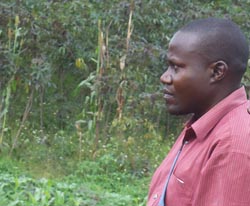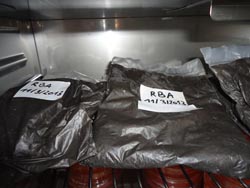N2Africa always has plenty to report – working across some many countries and regions! It’s hard to select a few highlights and although we actively solicit articles the Podcaster is formed largely by contributions offered. We are currently full speed ahead with preparations of the full proposal for a Phase II of N2Africa. As you will have read in earlier Podcasters we are expanding activities to Ethiopia, Tanzania and Uganda, and together with Ghana and Nigeria these will be the focus countries.


